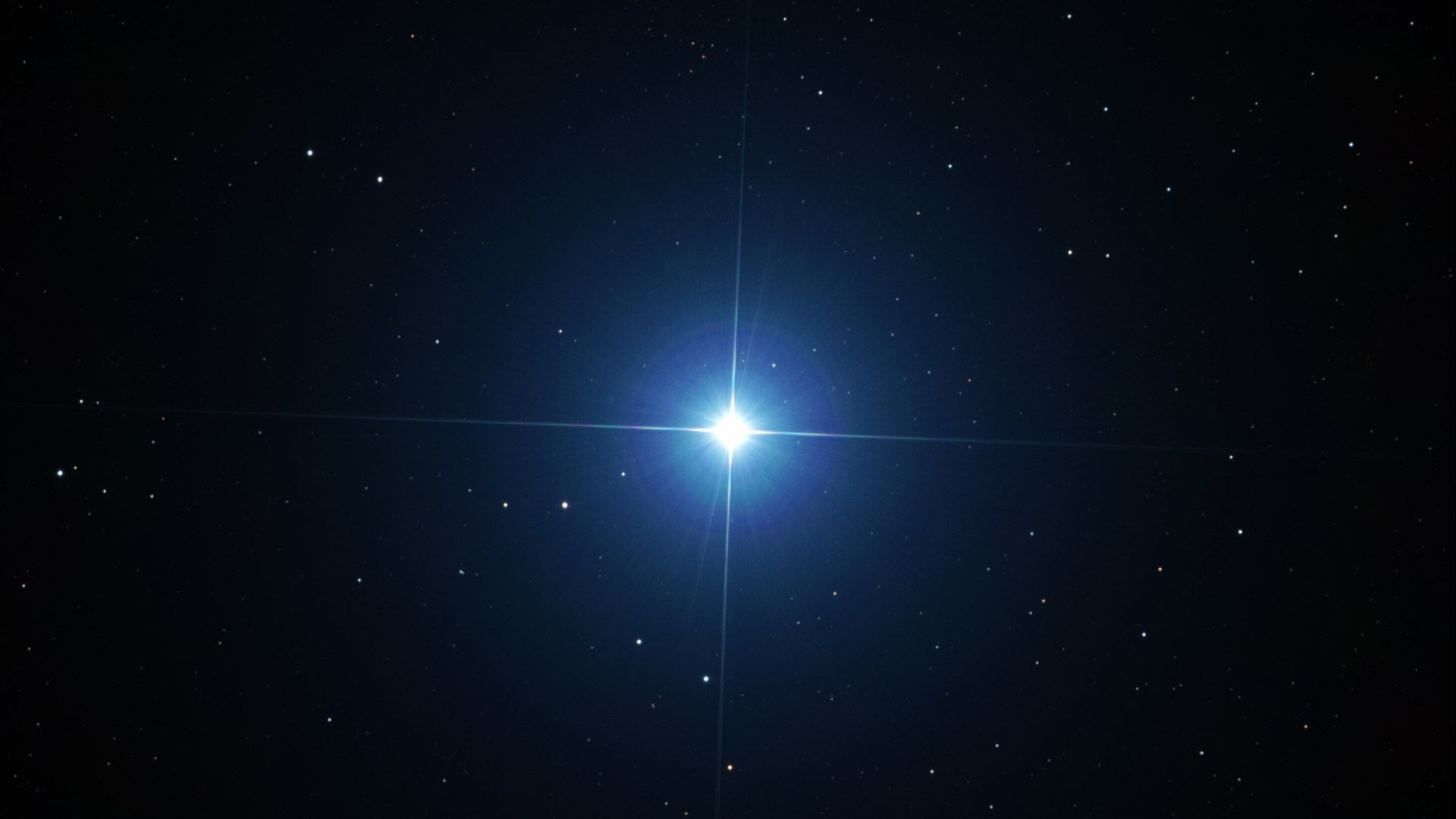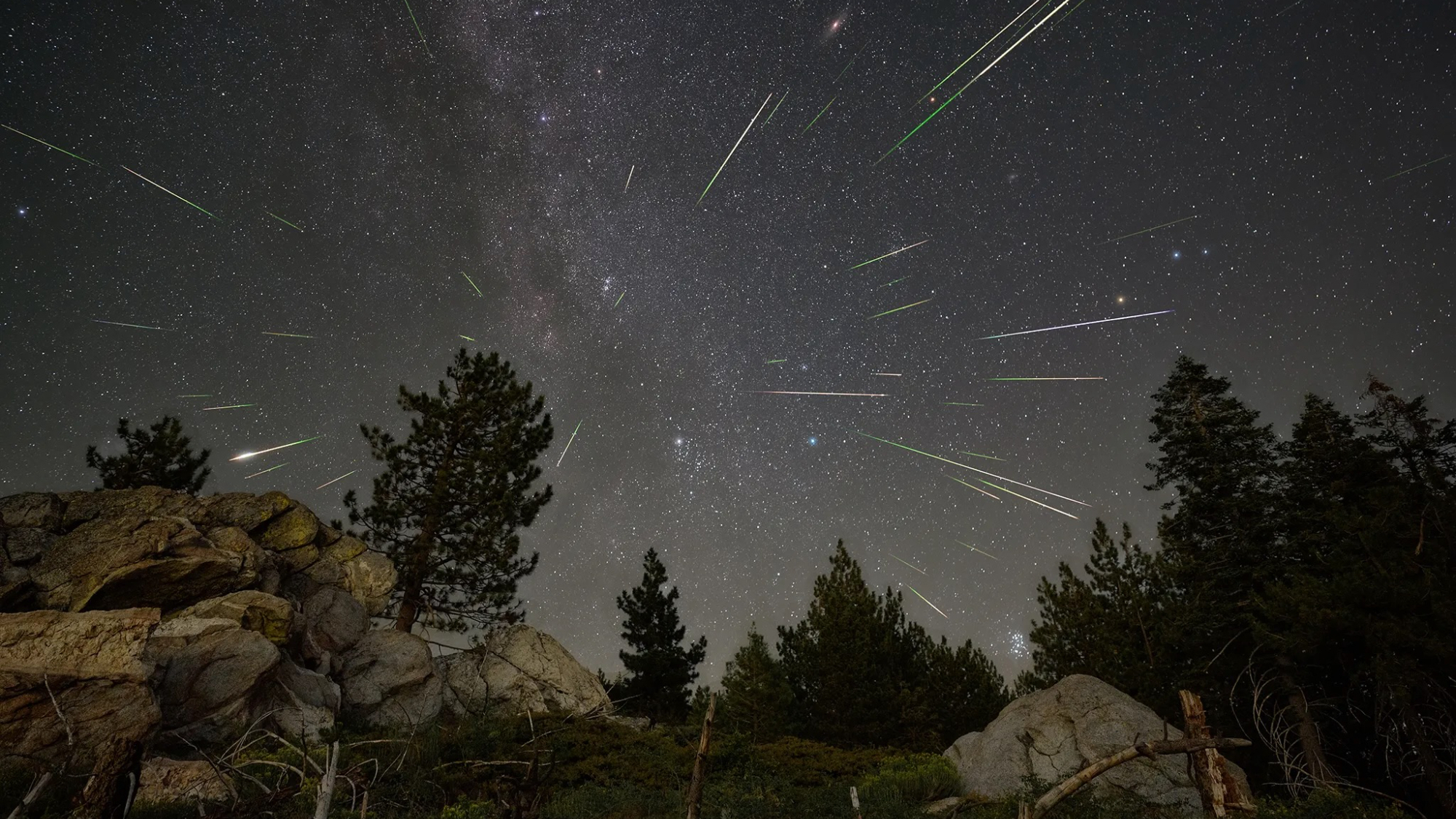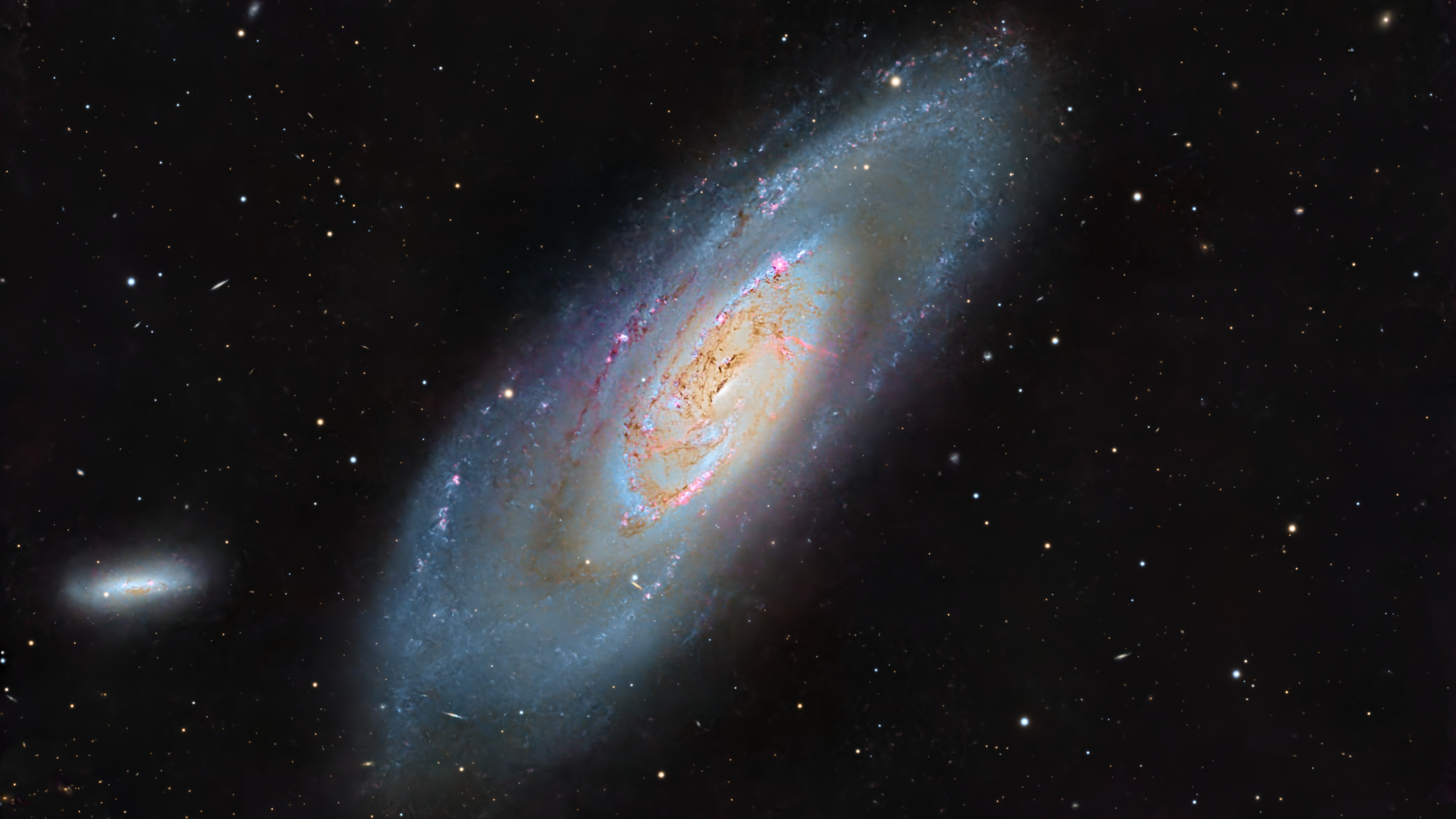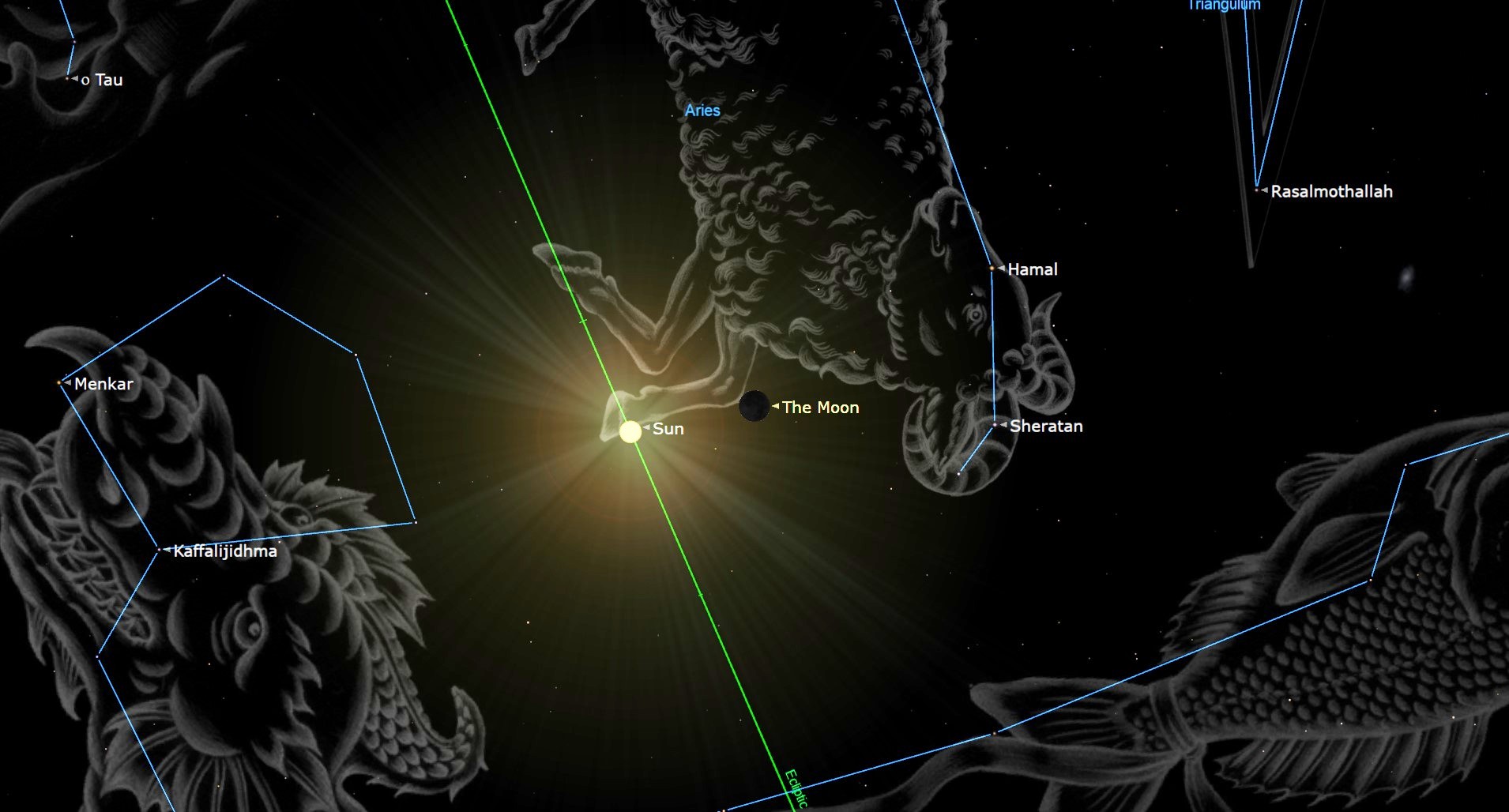Physicists Predict the Death of Cosmology
Physicistsare now foretelling the death of cosmology, or the study of our universe, as weknow it. Thankfully, cosmologists won?t be jobless for a couple trillion years.
Theuniverse is rapidly expanding?perhaps not rapidly enough to rip to shreds,but enough that distant galaxies will eventually be moving away faster than thespeed of light. This much has been known for a few years.
Once allthese galaxies blink outof existence, scientists ask in an upcoming issue of The Journal ofRelativity and Gravitation, how will future intelligent beings study spaceif the human race's knowledge is long gone? Will they be able to figure out ifthe Big Bang happened? Or rediscover relativity?
Island universe
For themost part, said Lawrence Krauss, a theoretical physicist at Case Western Reserve University in Cleveland, Ohio, and co-author of the journal article,future observers will be out of luck.
"They'll bestuck in an endless black void," Krauss said, noting that any galaxies outsideof our own cluster will disappear in about 100 billion years. "They'll feelvery special after that happens, because our tiny cluster of galaxies will bethe observable universe to them."
Without acosmological frame of reference, Krauss explained, future observers will be cluelessthat their universe is still expanding. "It will be a sort of twistedsituation, where thinking returns to what it was at the turn of the 20thcentury," he said.
Get the Space.com Newsletter
Breaking space news, the latest updates on rocket launches, skywatching events and more!
In otherwords, observers will think the universe is just a static?ornon-expanding?cluster of galaxies just as scientists thought until the 1920s. "Thestatic universe," as the journal article states, "will have returned with avengeance."
Nobackground material
Anadditional issue for future observers will be the disappearance of cosmicmicrowave background radiation?the fingerprintof the Big Bang's occurrence?in about 250 billion years. Without it, Krausssaid, observers can't be certain about how the universe was created, not tomention when.
The problemrelates to the Doppler effect: When a speeding train approaches, the soundwaves from its whistle are squished together to make a higher pitch. As itpasses, the sound waves are stretched out like a slinky and become lower inpitch and fainter. Similarly, as the universe expands outward, the "pitch" oflight will lengthen and fade away. "The wavelength of light will be so large itwill eventually reach the size of our galaxy," Krauss said. "It will just beabsorbed."
Krauss,however, is confident that someone (presumably human in form) will be the nextEinstein and rediscover generalrelativity. He?s also hopeful that future observers will be able to explainthe creation of the solar system by studying stars within the galaxy.
And, saidKrauss, there's a positive side to not knowing the universe's true history:"There?ll be almost no static on their TV screens," Krauss said, explainingthat if there are no distant galaxies around to emit cosmic rays, the airwayswill be a lot cleaner.
Join our Space Forums to keep talking space on the latest missions, night sky and more! And if you have a news tip, correction or comment, let us know at: community@space.com.
Dave Mosher is currently a public relations executive at AST SpaceMobile, which aims to bring mobile broadband internet access to the half of humanity that currently lacks it. Before joining AST SpaceMobile, he was a senior correspondent at Insider and the online director at Popular Science. He has written for several news outlets in addition to Live Science and Space.com, including: Wired.com, National Geographic News, Scientific American, Simons Foundation and Discover Magazine.










